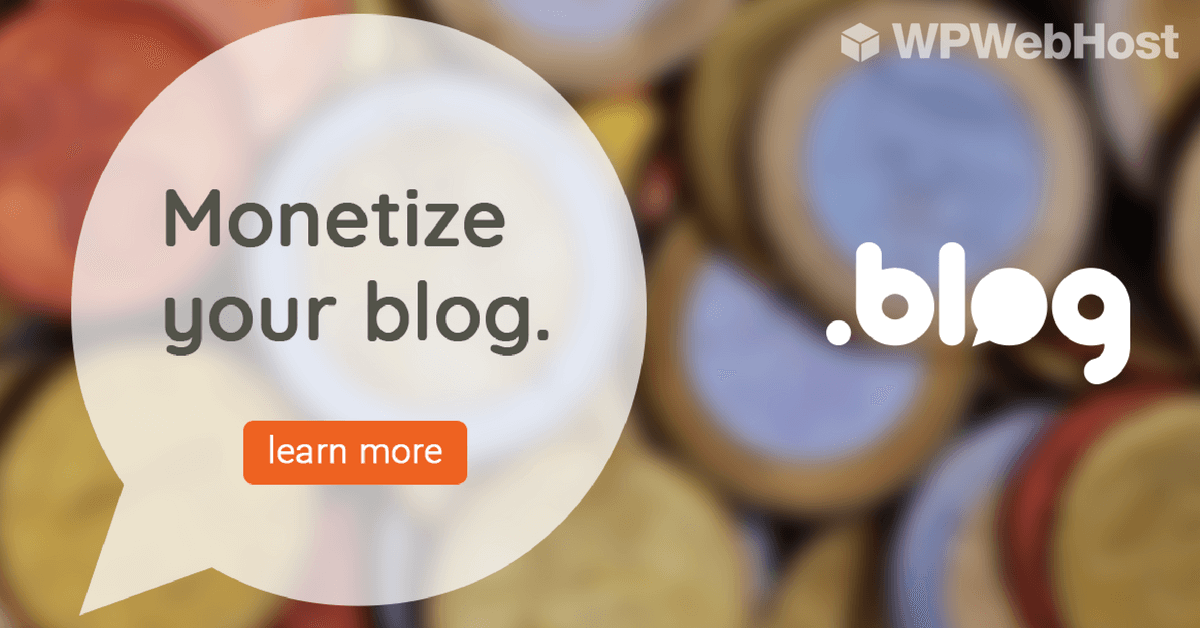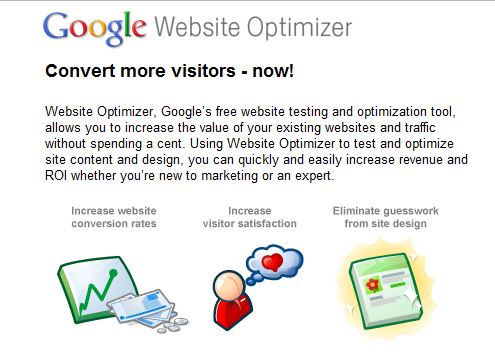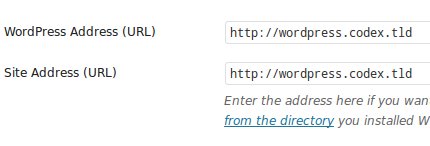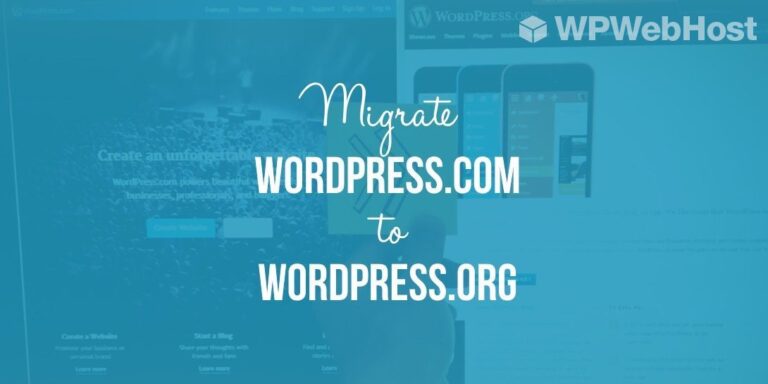
You’ve set up your blog and you’re growing your readership — and you’re starting to see the potential of your hobby to bring in some pocket money (or more!). You’re ready to monetize! We’ve gathered a few of the most popular ways to monetize your blog. Which ones are right for you?
Advertising
Whether you sell advertising space privately, join a pay-per-click ad network like Google AdSense, or both, advertising is the simplest way to start making money from your blog. You can place ads anywhere on your blog; they’re most often put in a sidebar, in a banner across the top or bottom, or within individual posts.
Private advertising gives you more control since there’s is no ‘middle man’: you make deals directly with an advertiser (a brand relevant to your blog, for example), who pays you a fee to place an ad on your site for a certain period of time. As part of your negotiation, you can decide where the ad goes, how large it is, and request a design that’s visually in keeping with your site. If you decide to go this route, we recommend publishing a page on your blog specifically for soliciting companies. Tell them about your niche, your audience, and your traffic to show that you’re a good prospect for their ads.
If you join a network, they’ll do the negotiating with advertisers and decide which ads will appear. However, you can usually also customise the ads so they match your blog design — you should be able to choose colors and fonts, and decide whether the ads can contain images and videos — and you should also be able to choose ads that are relevant to your niche. Try running a few different ads — just be careful to not overdo it!
To get started, take a look at advertising networks like Google AdSense, where advertisers bid for space on your blog to display their material, or alternatively check out WordAds or BuySellAds who manage the advertising for you while you focus on the content of your blog.
Affiliate links
Affiliate links are links to products that earn you commission each time someone makes a purchase after clicking a special link on your site – example the affiliate partnership that we offered. If you were reviewing a book, you could link to it on Amazon using an affiliate link, or a company might give you a discount code to share with your readers so you earn a commission every time the code is used. Affiliate links look no different from a normal hyperlink but include a tracking code. They don’t cost you or your readers anything but can bring in a steady stream of commission from a well-read blog. To get started, sign up to an affiliate program like Amazon Associates.
Sponsored posts
Another option that works well for blogs with higher readerships is sponsored posts: accepting payment in return for publishing exclusive content on your blog. A brand might pay you to write a post that mentions them, for example, or they might write a post themselves and pay you to publish it on your blog.
An important note: when writing a sponsored post, be sure to add a disclaimer at the beginning or end of the post disclosing that you’ve been paid to post this content. This builds trust among your readers, letting them know they can trust your reviews and are getting your honest opinion and is legally required in some places (including the US).
Influencer marketing
Do you have a regular readership of fans that follow your advice and look to you to learn about new products and trends? Congrats: you’re an influencer, which gives you even more monetizing options.
An alternative to sponsored posts is accepting free products in return for reviewing them on your blog. (Some bloggers charge for reviews in addition to requesting to keep the product.) Brands may contact you about other collaboration opportunities, like inviting you to a launch party in return for coverage of their new product on your blog.
Competitions are also popular, with the brand giving you a product to give away to your readers on your blog and promoting the competition on their own social media channels. You might well get something to keep for yourself, and you can ask people to follow you on social media and subscribe to your blog in return for an entry. In addition to bringing in money from the brand, competitions like this are highly shareable (everyone wants to win something!) so they help you grow your readership — making your blog more appealing for other brands who might want to pay for sponsored content or advertising space.
Turn into an entrepreneur
Once you’ve built a successful blog, you can capitalize on your success by turning yourself into an entrepreneur, offering things for readers to buy or download. If you had a popular food blog, you could a printed or online recipe book. You might make money by speaking at events, or by selling branded products on your website. You could create an online course to give paying customers the chance to learn from the expertise you’ve demonstrated on your blog. You could even offer consultancy services or create an online community, like this one.
There are many ways to begin your journey as an entrepreneur. If you’re writing an ebook, consider sharing snippets with your readership to entice them to support your work. As a consultant, write a blog post with a competition — the winner can get a free consultation session with you to help build more experience and advertising. By being creative and leveraging your status, you’ll be able to tap into your market.
Your blog probably won’t make you a fortune overnight, but your opportunities for income will increase as your readership grows — so experiment with monetization options, but make sure your priority is writing great posts that people want to read!




